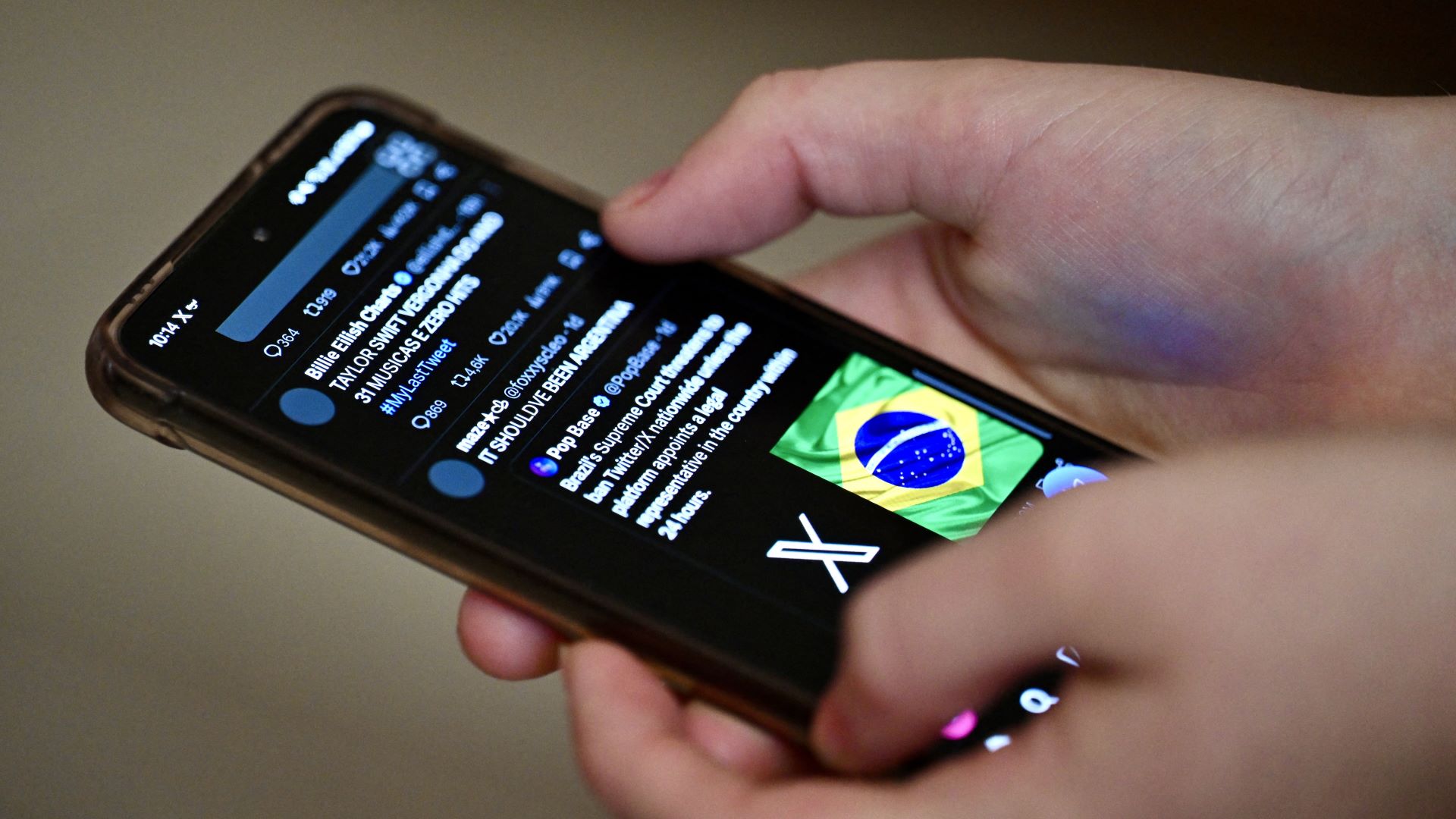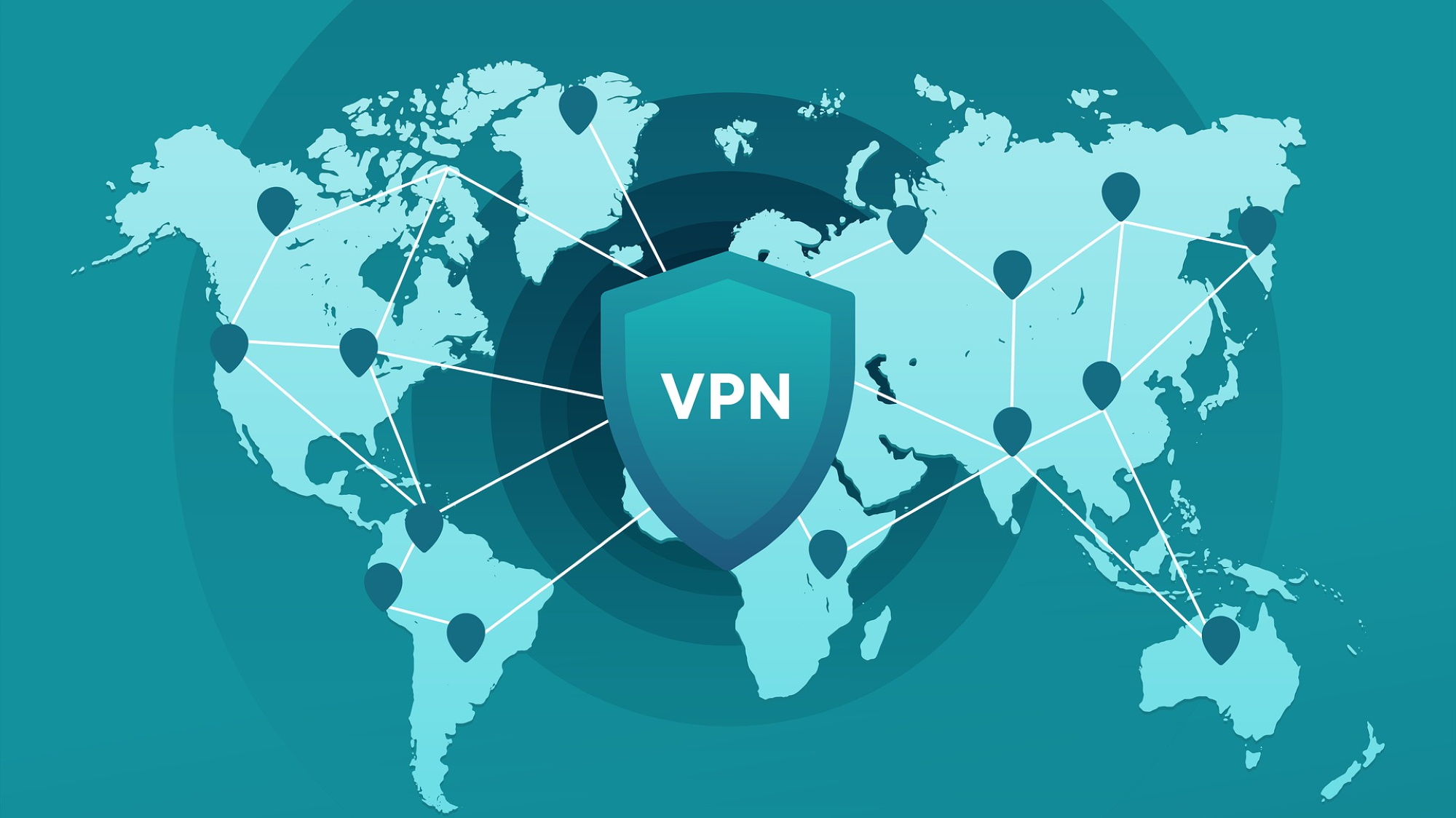
After months of public dispute, the Minister of the Brazilian Supreme Federal Court, Alexandre de Moraes, finally issued a suspension order for X (formerly known as Twitter) late on Friday, August 30.
As usually happens in such instances, people in Brazil have flocked to the best VPN services to bypass the geo-restrictions and keep accessing X. This spike in VPN usage is quite significant, however, as it comes despite the government threatening users in the country with huge fines — up to nearly $9,000 a day — to bypass the restriction.
What's unusual, though, is that many commentators in and out of the country have been sharing their plans to connect their VPN apps to Brazilian servers to protest against increased online censorship. Yet, experts aren't so sure this would help the cause.
VPNs for online civil disobedience
Criticism against the Brazil X ban immediately sparked among the political benches.
"VPN working. I never imagined myself practicing and propagating civil disobedience, but censorship cannot be tolerated, ever," tweeted Mateus Simões, the elected Vice Governor of the Brazilian state Minas Gerais, on Saturday.

A VPN (virtual private network) is a security software that encrypts your internet connection while spoofing your IP address location. The latter skill is what you need to look like you're browsing from outside Brazil within a few clicks and keep accessing X despite the government-imposed blockade.
"In Brazil, we do not have X anymore since midnight. I am tweeting this with a VPN. This tweet may cost me almost $10,000," wrote another Brazilian politician, Marcel van Hattem. "I will keep tweeting regardless of State persecution or threats because I believe in freedom of expression, democracy, and real Justice."
That's because Brazil didn't just suspend the popular social media platform. Authorities are now threatening people in the country using a VPN app to access X with daily fines up to nearly a Brazilian's average salary – Brazil's GDP per capita is currently $11,350. It's still unclear how authorities will enforce this in practice.
It's not just politicians, though. Most people in Brazil actively ignored the order and looked for ways to bypass the ban. Two VPN apps – NordVPN and Proton VPN – jumped at the top of the Utilities category on the Brazilian Apple App Store, in fact, with the latter recording a spike in VPN signups of 1840% above normal levels.
What's even more significant is that the fight for Brazilians' internet freedom against increased internet censorship has spread outside the country's borders.
Some commentators took Musk's social media platform to share their intention to access X via a Brazilian VPN server to look like they're browsing right from inside the country.
"Brazil officially banned X. I'm protesting by setting my VPN to Brazil while I surf X. We all should," tweeted a US trader account with 52.9k followers.
Even a VPN provider, Hide.me VPN, joined the civil disobedience campaign...
It's a form of protest. ;-) https://t.co/qo2Pubdu8s pic.twitter.com/p4yQxjO7GQSeptember 1, 2024
"Unlikely to have a meaningful impact"
An international campaign to flood VPN apps to Brazil locations may be effective in raising attention to the issue of government censorship online. Yet, experts are skeptical it could bring about the desired outcomes.
"[The campaign] is unlikely to have a meaningful impact," David Peterson, General Manager at Proton VPN, told me. "The only entity that will notice the increased traffic from Brazilian IP addresses is Twitter itself, which is already aware of the government's actions."
Peterson also pointed out how such activity could rather have unintended consequences. More traffic passing through Brazilian server locations could potentially create network congestion, for instance, ultimately affecting the speed and reliability of the service for those genuinely in need of a Brazil VPN.
Surfshark spokesperson, Gabriele Racaityte-Krasauske, also agrees that technical issues may arise if millions of people connect to one server.
She said: "It’s impressive to see the global internet community uniting and standing up against the imposed restrictions in the country, however, it is difficult to imagine how it could impact the decision-making of the Brazilian authorities."
Likewise, the Director of Research at internet watchdog NetBlocks, Isik Mater, expressed her concerns over the efficacy of the online protest to help in the fight against censorship, surveillance, and fines in Brazil.
"VPN/VPS servers aren't on or near the residential networks where ISPs are able to directly see and filter users' traffic including VPN usage. Their servers are often not even in the country, just using spoofed geolocation records," she explained in a tweet (see below). "This campaign only wastes time and strains VPN companies."
PSA: Flooding VPN apps by setting the location to Brazil won't help fight censorship or surveillance and fines in Brazil. VPN/VPS servers aren't on or near the residential networks where ISPs are able to directly see and filter users' traffic including VPN usage. Their servers…September 1, 2024
While using a Brazil VPN as an act of protest may have its limitations, it's surely a reminder of how widespread social media blocking has become — among authoritarian countries and democracies alike.
In 2023, experts at Access Now have recorded a rise in social media blackout incidents — 53 platform blocks across 25 countries, up from 39 blocks across 29 countries in 2022. Nine months in, many such incidents have already occurred this year, including the first-ever TikTok ban issued by a Western democracy (France) during protests in New Caledonia.
For its strong political lookout, X has often been the target of authorities across the world. As per Surfshark's findings, 37 countries have banned the platform since 2015 — either temporarily or permanently — affecting over 3 billion people globally. Brazil is currently among its X's largest markets, counting over 21 million users.
Peterson from Proton VPN said: "In this context, efforts might be better focused on supporting initiatives that directly help those affected, such as promoting awareness campaigns, supporting digital rights organizations, or donating to platforms committed to maintaining open access to information."







